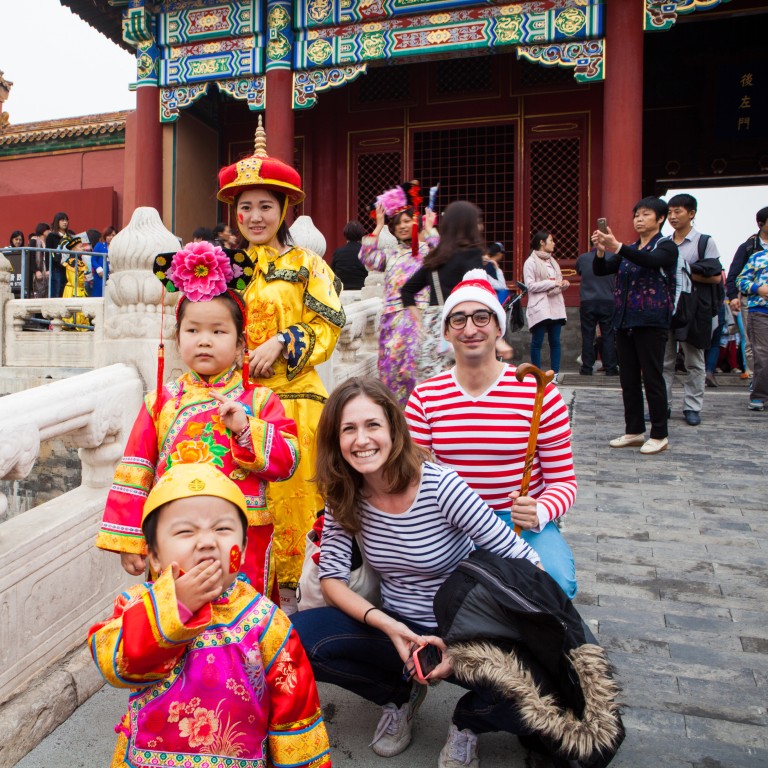
With China closed to international tourists, travel businesses that serve them have adapted to survive - and even thrive
- When the coronavirus epidemic emerged in China, the country locked down and international tourism dried up
- When internal travel revived, bespoke travel firms changed their itineraries to suit expats still in the country and Chinese tourists thirsting for adventure
The emergence of Covid-19 in early 2020 brought an abrupt end to a decade of sustained growth for the Bespoke Travel Company, a Beijing-based business offering custom-designed trips with expert guides.
“The team was the biggest it had ever been; we were making the most revenue we’d ever made,” says its British founder, Sarah Keenlyside. “It was on course to be a great year.”
But as news of the virus spread and China went into lockdown, she had to put her business into survival mode.
“We lost three staff and quickly moved to downsize our office. All excess spending was curtailed and we had to confront the fact that China [as a destination] might be a problem moving forward,” she says.
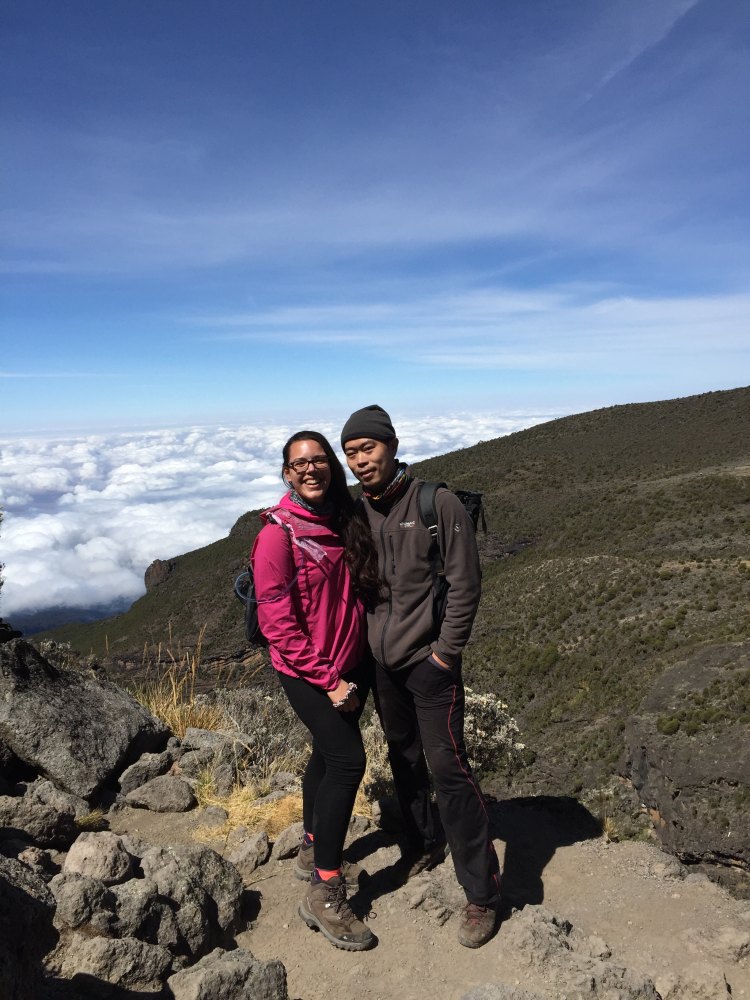
A similar existential shock was faced by Miller Xu Yu, of Shanghai-based M2adventure, which has built a solid reputation for adventure travel among the city’s expats since its inception, in 2014.
“The government decided to lock down in the Spring Festival and that’s when millions of people were travelling, including some of our groups. We were told, you need to bring them back immediately or else there is no coming back,” Xu says. “In a matter of hours we had to make very hard decisions. If we missed a time slot, a client could be stuck in a village somewhere for god knows how long.”
China hotels, service flats lure big money as tourism, economy rebound
Xu and Mariane Edith Thuillier, his French wife and M2adventure co-founder, both seasoned travellers, suddenly found their lives confined to their neighbourhood, in the Changning district.
“We felt helpless, there was not much we could do, all our business completely stopped,” Xu recalls. “Fortunately, our compound was not so strict so each night we could go for a walk. There was nobody, you could stand in the middle of the street for hours and you wouldn’t see a car in a city of almost 30 million people.”
The Covid-19 pandemic has affected billions of people around the world in one way or another, and those whose work is related to tourism more than most. Entrepreneurs involved in bringing visitors to China were among the earliest to feel the pinch, as the country was the first to introduce lockdowns and border closures, and not all of them were in the country when the coronavirus began to make headlines.
We pivoted and started to do things we hadn’t done before: day trips, photography walks
Frenchman Constantin de Slizewicz, who in 2010 started Caravane Liotard, a boutique hotel and hiking company based in the predominantly Tibetan town of Shangri-La, had spent New Year 2020 in France.
“It was the low season in [northwest] Yunnan, when the plateau is covered in snow,” he explains. “When the pandemic news hit, people in Europe weren’t taking it too seriously at first but I followed the story closely. I said to my business partner, Guillaume de Penfentenyo, ‘I think we’ve lost the spring season.’”
De Slizewicz remained in France while de Penfentenyo returned to China with his wife, Qi Lian. “It was like Saigon, 1975. Guillaume took the last flight out at the end of February to China without any restrictions.”
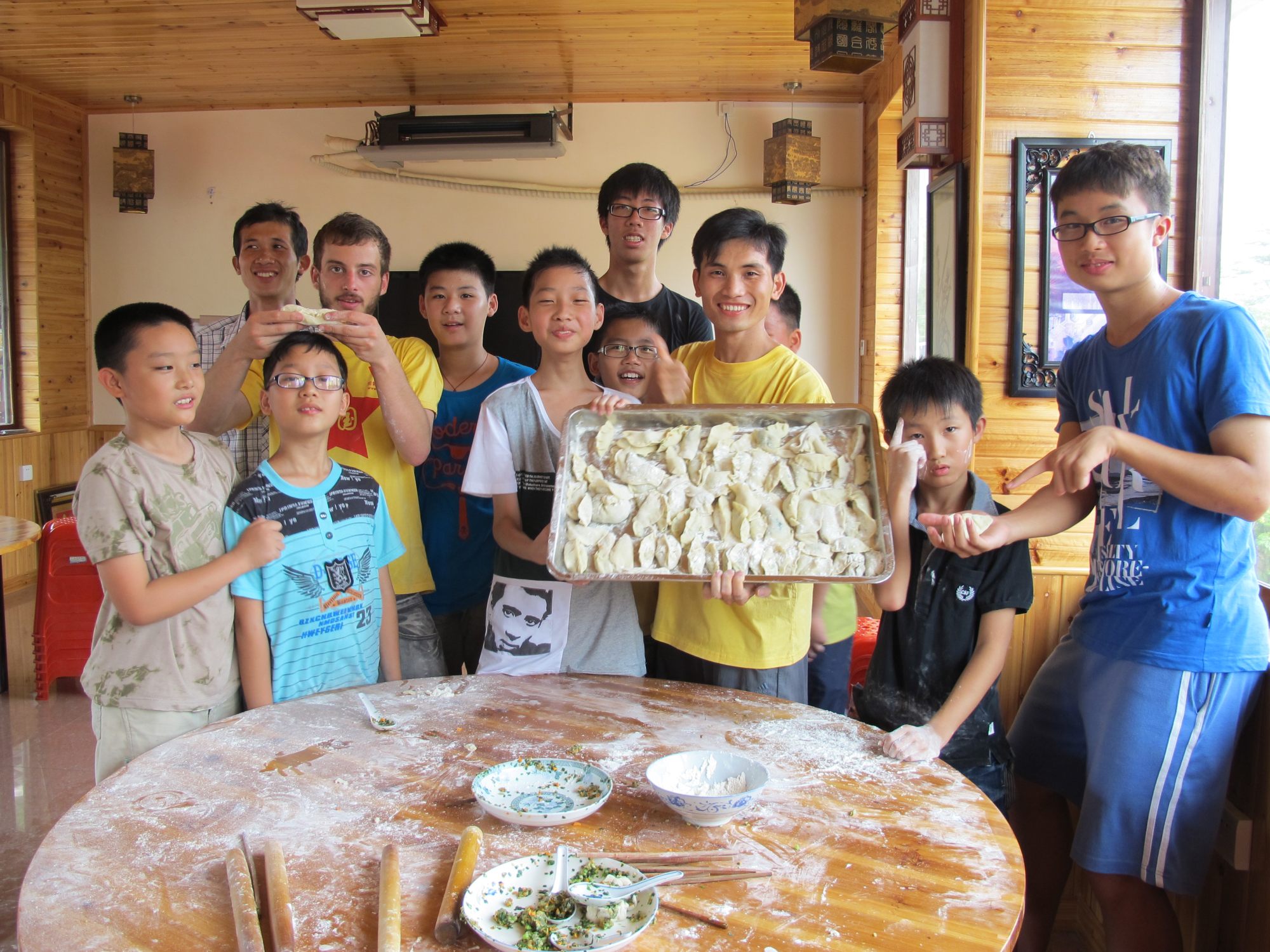
Across the English Channel, in Britain, Gotoco China co-founders Tang Lisha, Danny Parrott and Richard Lloyd were caught in a bind by the initial outbreak. They were recruiting young adult supervisors, or counsellors, for summer camp programmes across China.
“There are a lot of fresher fairs in January,” says Lloyd. “We planned to visit a number of universities and then return to China immediately after Spring Festival.”
The entrepreneurial trio have carved out a unique position in China’s emerging summer camp industry.
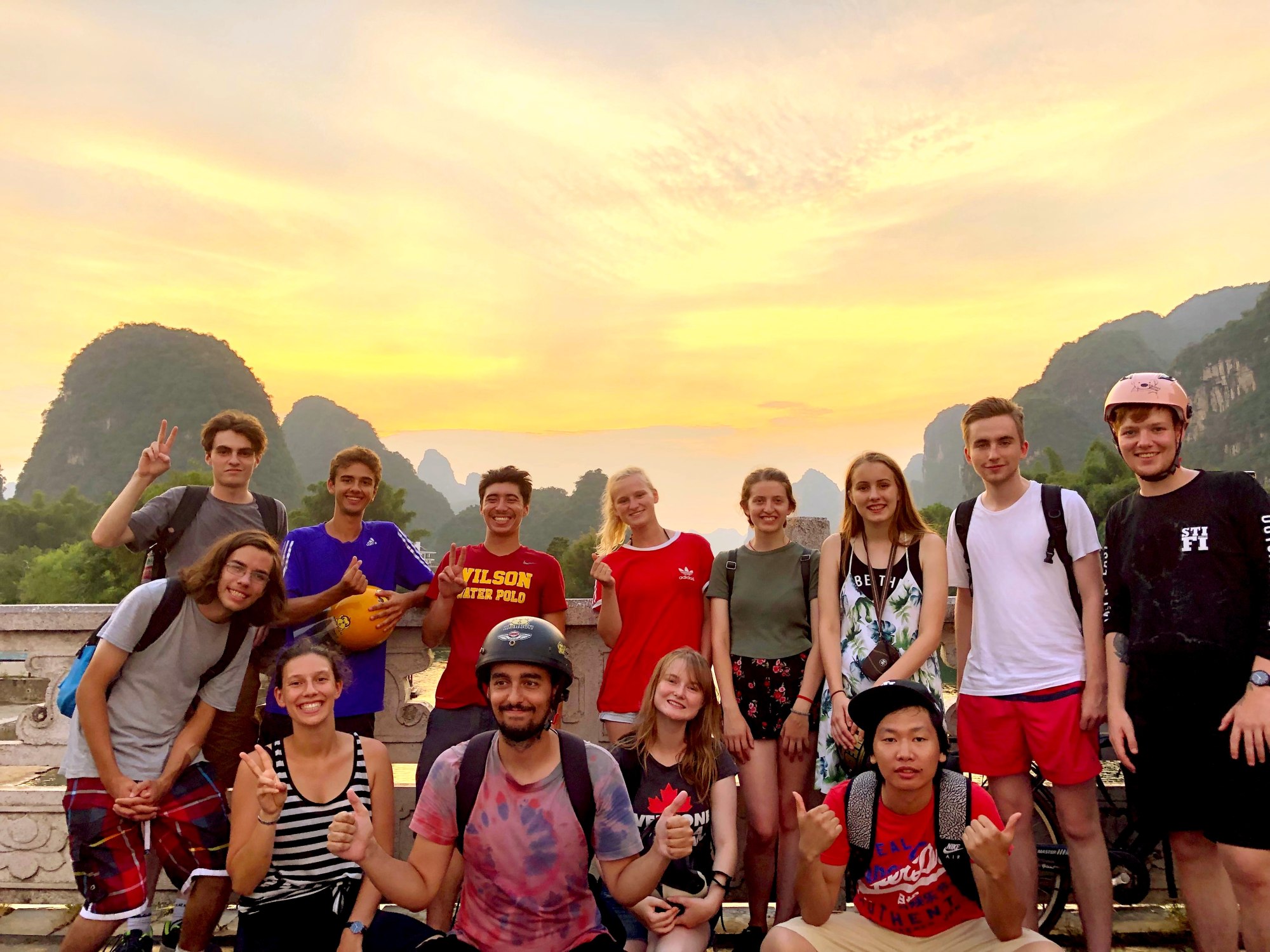
“Camp America-style summer camps have been appearing across China over the past decade,” Lloyd says. “Danny had been working with this industry since his gap year in Yangshuo, in 2009 and 2010, basically taking friends [from Britain] to teach English and lead Outward Bound activities. Camps were eager to internationalise.
“From 2015 to 2019 business snowballed,” he says. Then Covid-19 hit.
“We had contingency plans that we never thought we’d use but suddenly it was happening and we had to help the few people in China on our winter programmes leave,” he says.
Sun sets on Kashmir’s traditional houseboats as tourism, and Dal Lake, dry up
From afar, the Gotoco team watched as the epidemic became a pandemic. “We put off going back. We thought there was no point heading into the fire. But by last June, the fire had spread everywhere,” Lloyd says.
China’s emergency regulations began to thwart the spread of the disease domestically and, in June 2020, internal tourism began to revive.
“The lockdown policies meant we couldn’t really leave Shanghai,” Xu says. “So we pivoted and started to do things we hadn’t done before: day trips, photography walks – things people could do in an outdoor environment without compromising their safety.”
Everyone who was still here was very keen to travel. For us, the domestic foreign client base has been more than enough to get us back to normal
In Beijing, Keenlyside was able to keep business alive by “doing a whole bunch of stuff we didn’t do before”, such as hosting a series of online talks about Chinese culture.
“There were still plenty of foreigners around so we organised local experiences, things like scavenger hunts around Beihai Park in cooperation with [luxury hotel] The Opposite House. It was still a very Bespoke product: you were learning, it was creative, and you could do it in your own time and socially distance,” she says.
As restrictions eased, Bespoke and M2adventure capitalised on a market of restless expats unable to return home or travel overseas.
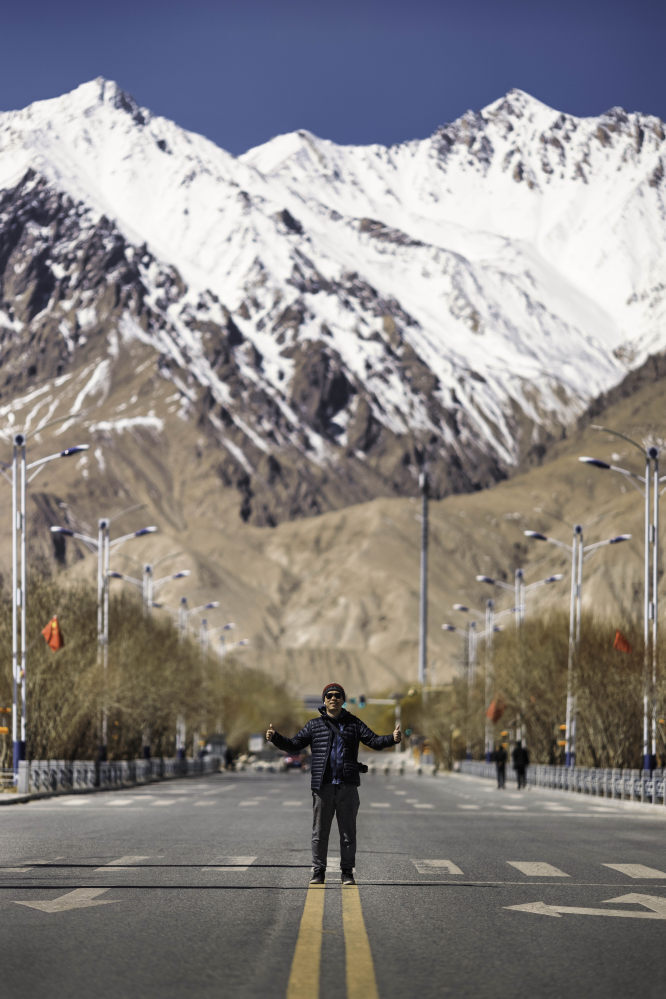
“The initial reaction from many had been to leave China. But after a few months it felt like China had become the safest place,” Xu says. “For the rest of the year we were busy. In 2020, although many tourism agencies went bust, our profits exceeded [those of] 2019.”
Says Keenlyside, “There was still the odd spike [in coronavirus cases] that put certain provinces off-limits but essentially travel was allowed. Everyone who was still here was very keen to travel. For us, the domestic foreign client base has been more than enough to get us back to normal.”
Aware that her business model would have to pivot from “first-time travellers who want to go and see pandas, the Great Wall and Shanghai”, Keenlyside adapted to the new normal.
Save Lakshadweep – the Indian islands under threat from tourism
“We started doing reduced-cost group tours. People who live here and know China are not willing to pay the same fees as executives flying in for a holiday. We also know it’s a lot easier to corral some people who live here to depart on a certain date compared with people arriving from around the world.
“So we’ve been able to create some really great off-the-beaten-path trips, like Inner Mongolian tours with William Lindesay [the British author famed for exploring and conserving the Great Wall]. Even if you were an old China hand, this tour would take you to places you’d never heard of. Plus, it’s really special to go with one of the top historians and explorers alive in the world today.”
Caravane Liotard also began to attract a new clientele during the pandemic.
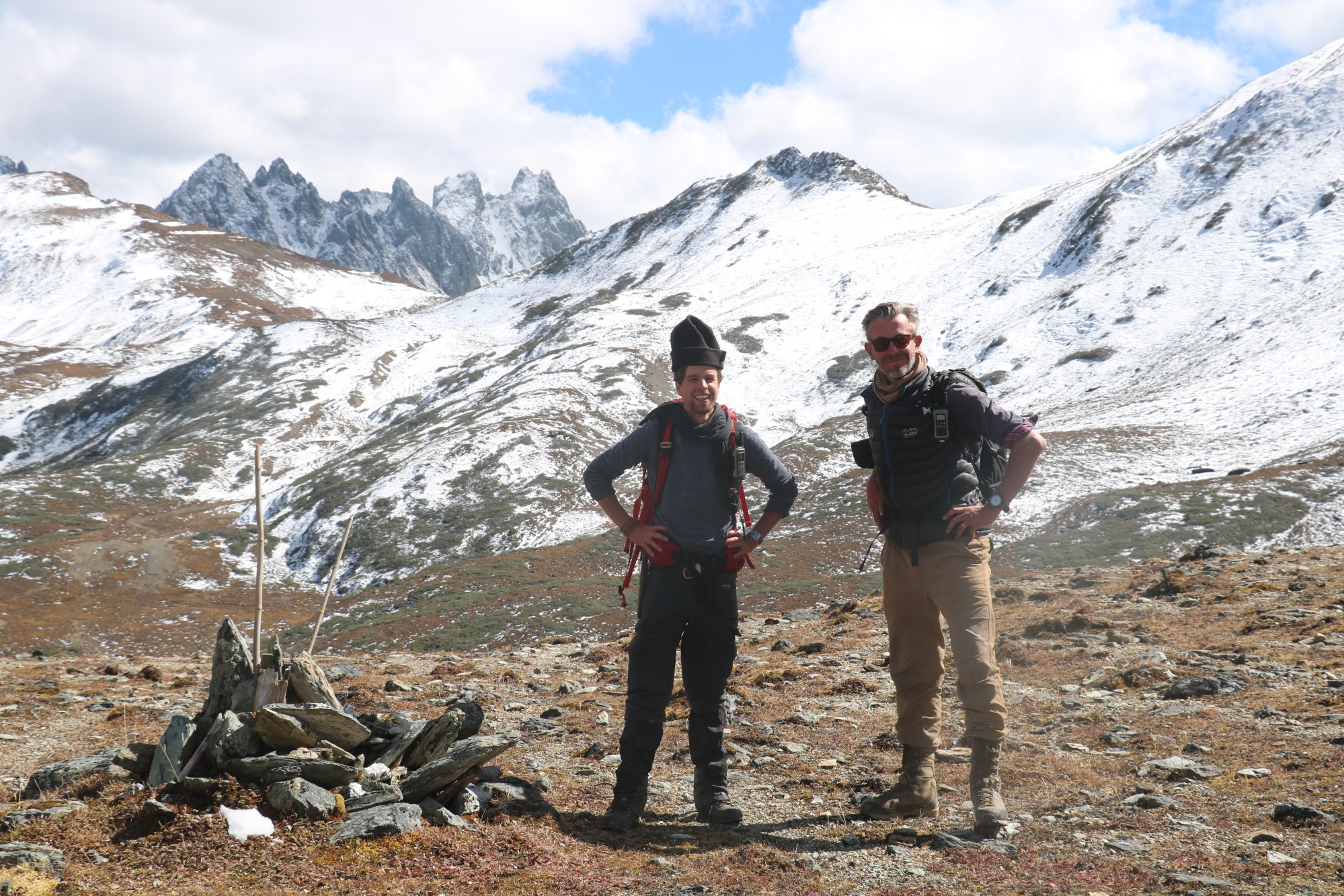
“My team in Yunnan hosted summer camps at my farm in Shangri-La, with students who couldn’t go to Europe,” says de Slizewicz. “And in the autumn, a lot of Chinese adventure tourists who’d usually travel overseas came on our Exploration Caravane [guided adventures deep into the wilderness].”
By the end of 2020, it looked as if de Slizewicz and company were weathering the Covid-19 storm, but then tragedy struck when de Penfentenyo died.
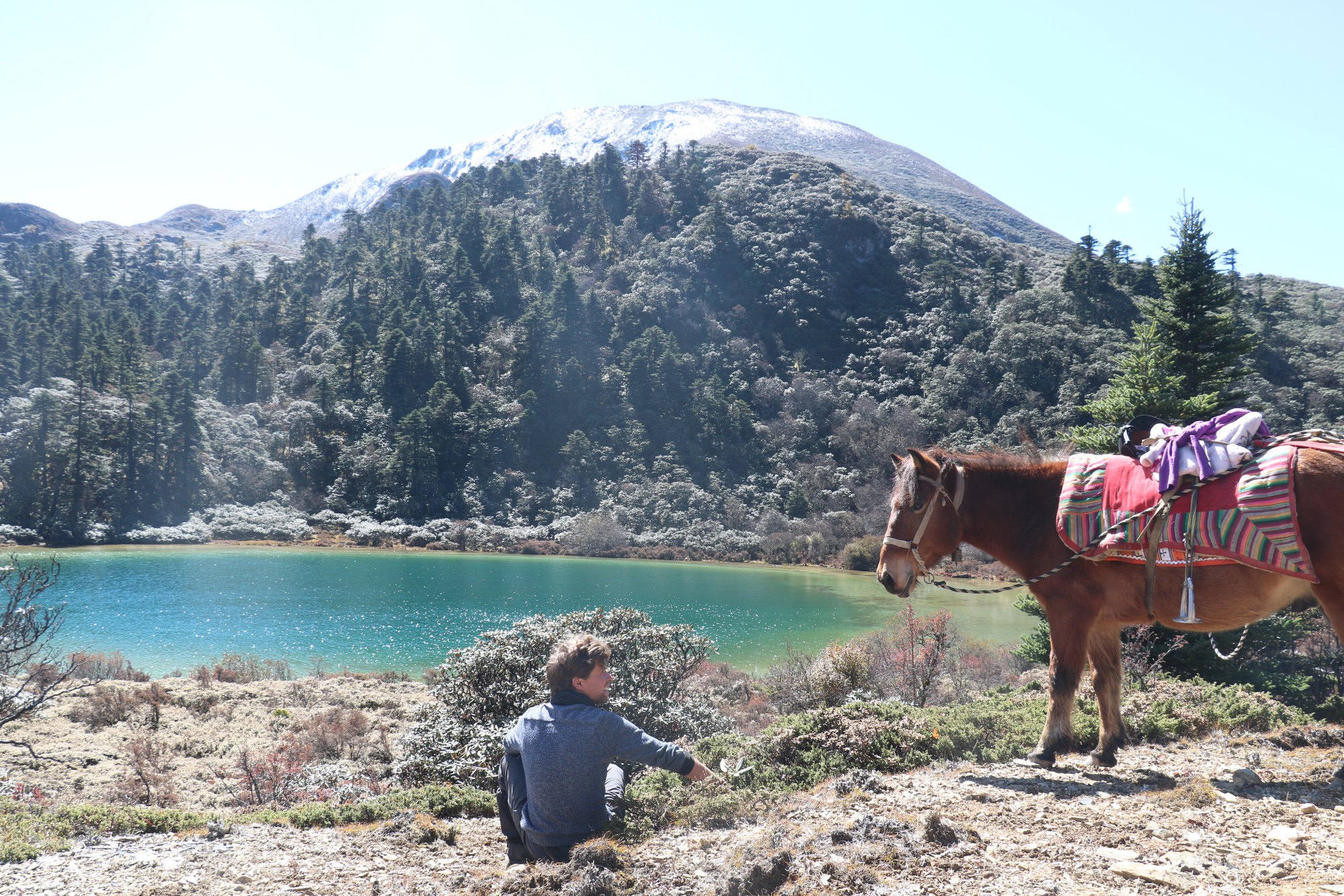
“He accidentally fell from a balcony, and like that, everything stopped. He was my brother, my friend. We’d lived side by side for 10 years,” de Slizewicz says.
Months of uncertainty followed as the closely knit Shangri-La community – foreign, Chinese and Tibetan – mourned the passing of de Penfentenyo. A year on from the initial Covid-19 outbreak, de Slizewicz was once again contemplating the end of his China travel business. But his partner’s widow came to the rescue.
“Qi Lian inherited Guillaume’s share of the business. She’s been amazing, she’s a strong, smart woman. Can you believe we’ve led five caravanes this year? I’m so proud of my team in China,” de Slizewicz says.
Cheap, exotic mass travel? Post-Covid tourism will be very different
He plans to return to China next month. There, after a probable three-week quarantine, he hopes to oversee the autumn season in Shangri-La.
But not everyone is able to vault the great wall of pandemic restrictions, including the thousands of camp counsellors Gotoco would have recruited from Britain, the United States and Canada had 2021 been a typical year.
“The tragedy is that there are so many young people who haven’t had the chance to spend their summers in China, to experience the amazing geography, the incredible food and the kindness of the local people first-hand,” says Lloyd. “Gotoco’s never been about making big bucks. We’ve always passionately advocated that the best way to get to know a place like China is to travel there.”
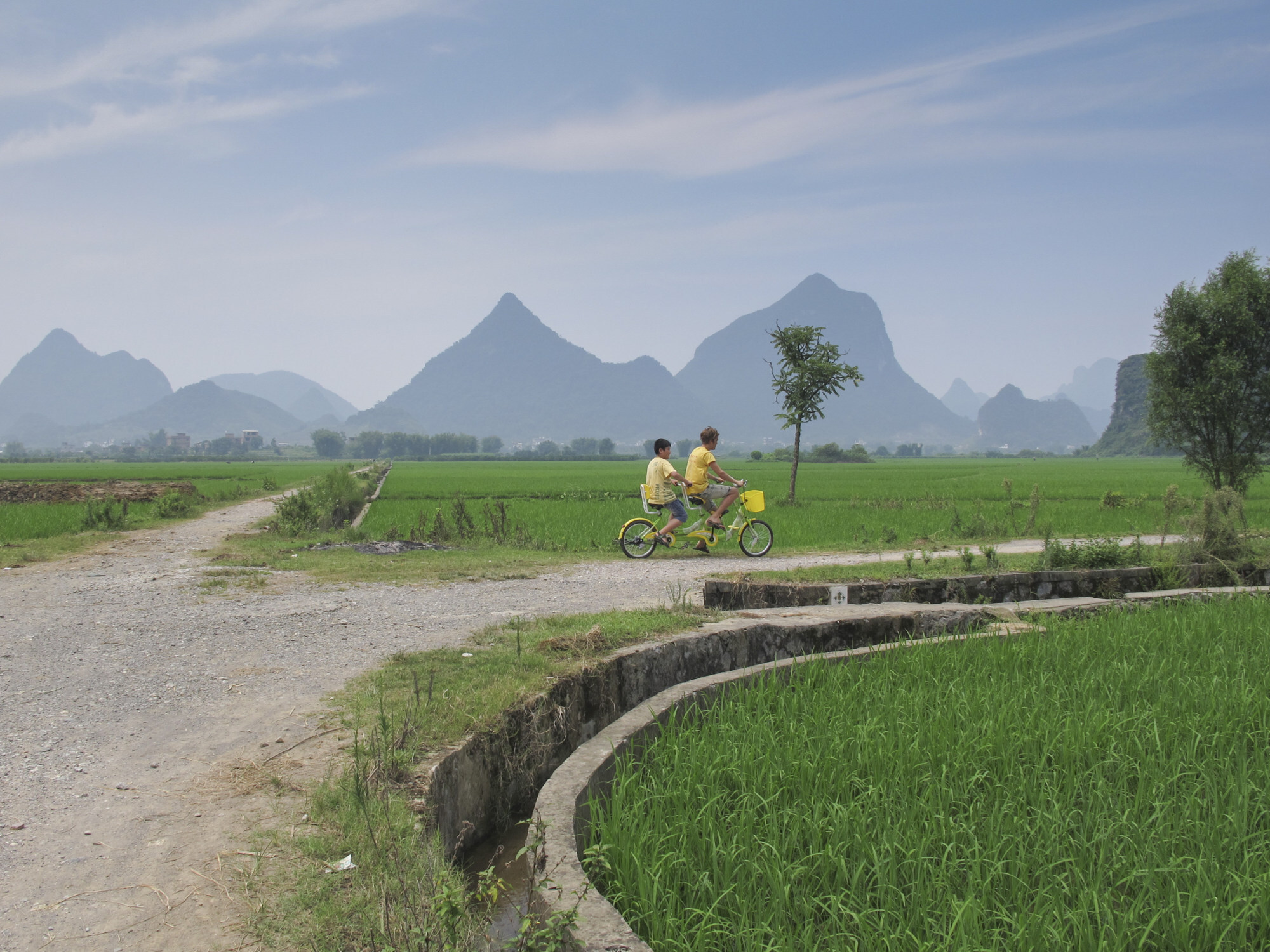
Parrott says: “Drawbridges are coming up everywhere. The Fulbright [US-run student] exchange programme in China was cancelled; the Peace Corps [a volunteer programme run by the US government] has withdrawn. We remain hopeful that, with the Winter Olympics [next year], China might start to open up again.”
Gotoco is also planning for the future. “We’ve kept ourselves busy doing translation and consultancy jobs, forging relationships with the royal Asiatic Society, Beijing, and the Chopsticks Club [a networking group for professionals with an interest in China] in the UK, as well as offering what we can online,” Lloyd says. “But we’re really focused on making sure that as soon as the pandemic ends, we’re in a place where we can support students and start working with camps again.”
For those inside China, life has returned to a state of relative stability. “The domestic economy is booming. There’s lots of spending going on and lots of optimism,” says Keenlyside. “China, like Australia or New Zealand, has done a really good job containing the virus.
“There are channels open for business or Olympic work, of course, but for tourists there’s little incentive to visit because of the quarantine. I don’t think that’s going to change any time soon. In a year’s time maybe things will be different.
“From a personal point of view it’s pretty upsetting as I want to be able to see my family again. But from a business point of view, it’s good because we still have a captive audience for a bit longer.”

